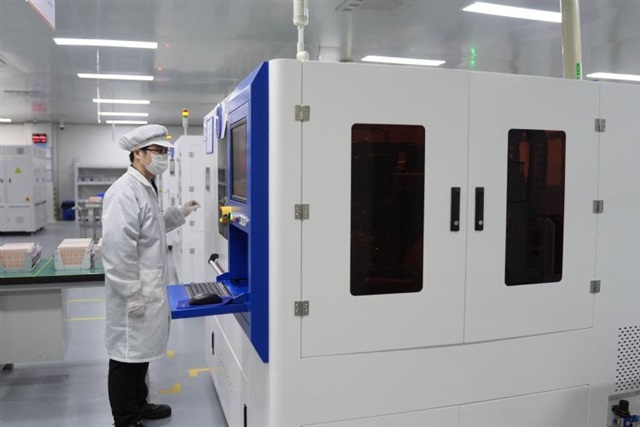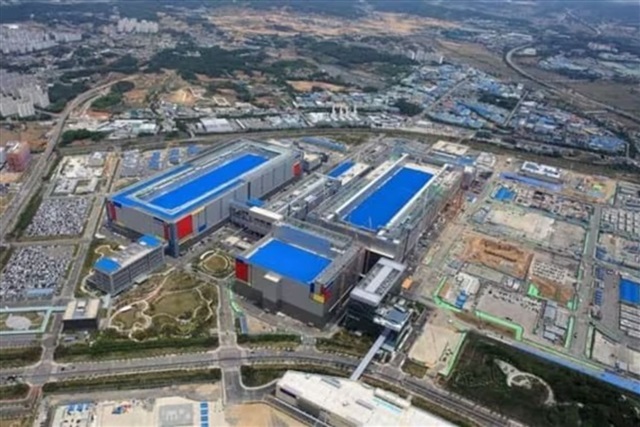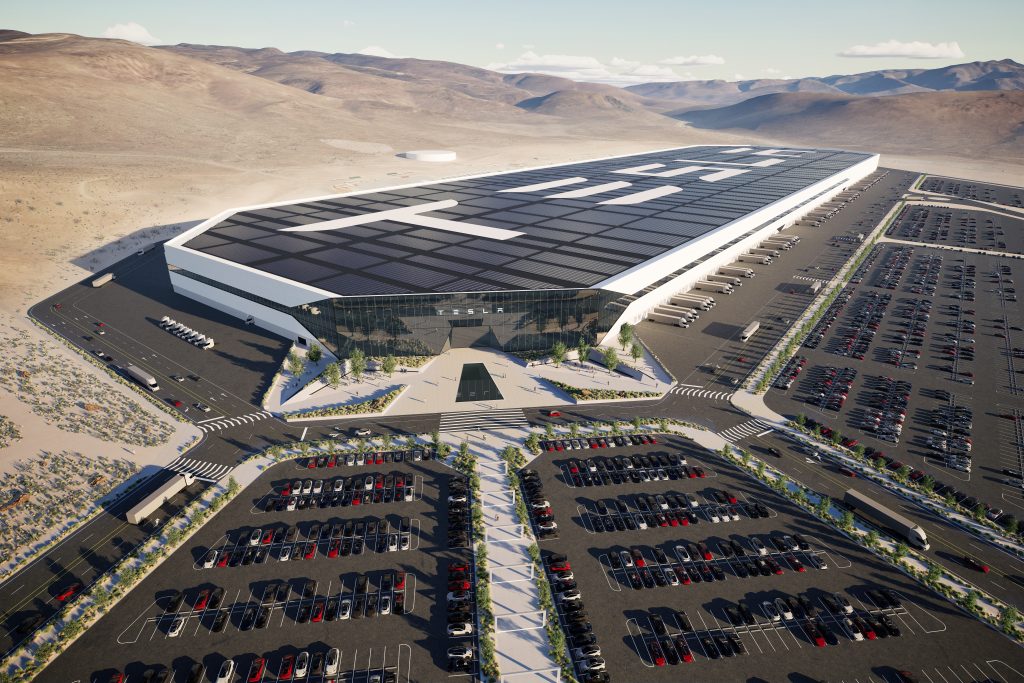
China's semiconductor industry posted CNY455 billion (approx. US$63.3 billion) in total investment during the first half of 2025, down 9.8% from a year earlier, according to a new report. Semiconductor equipment spending, however, jumped more than 53%, highlighting Beijing's push for chip self-sufficiency in the face of escalating geopolitical pressures and export controls.
Market research firm Cinno, as cited by the South China Morning Post, said wafer fabrication accounted for 51% of total investment, followed by chip design at 19% and packaging and testing at 9%. Spending on design and packaging plunged 24% and 28% year-over-year, respectively, as soft electronics demand and supply chain disruptions weighed on the sector.
Nearly 80% of investment flowed into five regions, led by Jiangsu Province with 21%, followed by Shanghai at 19%, Zhejiang at 14%, and Beijing and Hubei at 12.5% each.
The Yangtze River Delta, spanning Shanghai, Jiangsu, Zhejiang, and parts of Anhui, was noted for its integrated manufacturing and packaging ecosystem. Supportive talent policies and steady capital inflows in Shanghai and Beijing are accelerating regional semiconductor technology development.
First-half investment in semiconductor materials reached CNY16.2 billion (approx. US$2.26 billion), or 27% of total industry spending. The figure underscores a shift from traditional silicon-based materials to high-performance alternatives targeting applications in electric vehicles, 5G, and smart grids.
Cinno said China's semiconductor sector is entering a "fine cultivation" phase, with growth dependent on advances in technology, sound industrial policies, and cross-border collaboration.
Stay up to date with the latest in industry offers by subscribing us. Our newsletter is your key to receiving expert tips.

Samsung Electronics is transforming its Pyeongtaek Campus Line 4 (P4) in South Korea into a manufacturing base focusing on HBM4 production. Analysts indicate that Samsung is increasing the proportion

Samsung scores another major foundry victory, expanding its roster of high-profile clients on advanced nodes. After Tesla selected the company in July to produce its AI6 processor under a $16.5 billio

Texas Instruments, a leading analog IC maker, has released its Q3 2025 results, with its cautious Q4 outlook sparking concerns over the broader semiconductor market. According to Reuters, the company